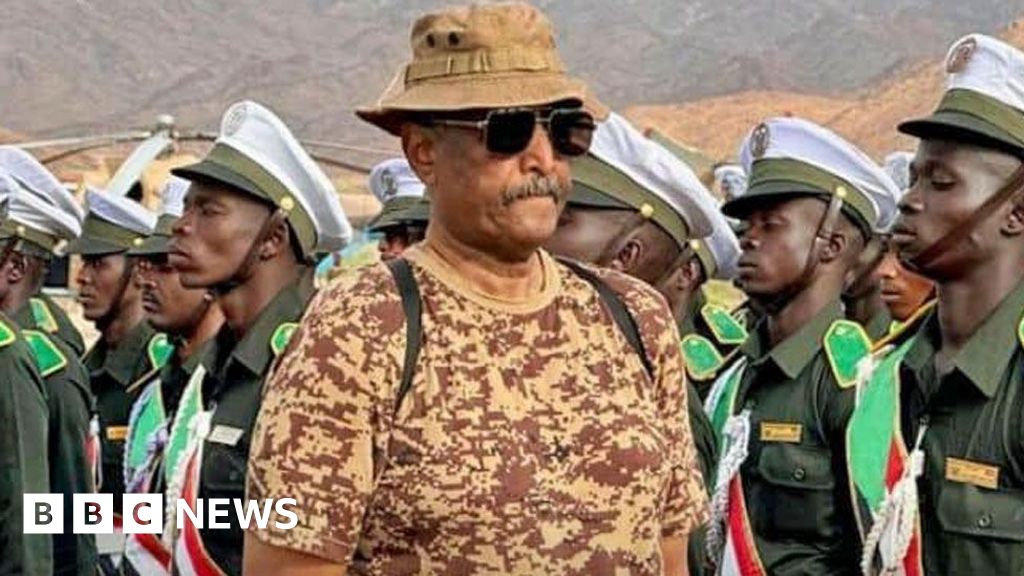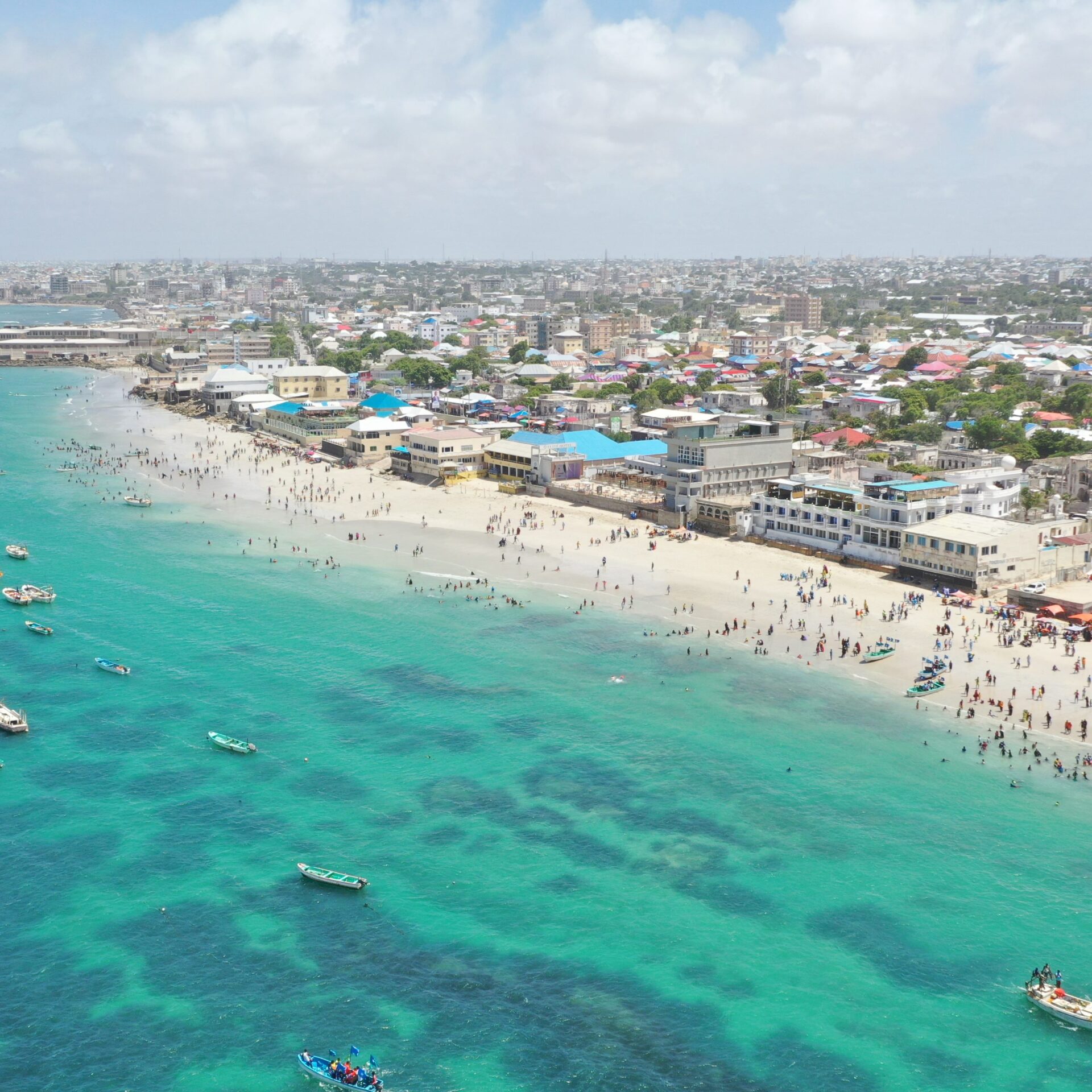Bringing arrows to a gun fight
Tired of waiting for the authorities to come to their aid, young men in the Mayo-Kebbi Ouest region of south-west Chad are banding into vigilante groups, using bows, arrows and spears to fight gunmen who have turned kidnapping into a professional pastime.
“We guide the gendarmes in the bush, but we are also the first to go after the criminals after a kidnapping,” said Amos Nangyo, head of one of the units in Pala, capital of the region, which borders Cameroon, told Agence France-Presse earlier this month.
Chadian authorities say ransoms paid in the area amounted to 43 million Central African Francs (CFA) in 2022 and increased to 52.4 million CFA the following year.
In February, a Polish doctor and her Mexican colleague were abducted from the Tandjilé region but was freed a week later, after a combined rescue mission by Chadian and French forces.
Approximately 86 million CFA was paid in ransom in six incidents between February and May 2023 in Cameroon’s Northern Region, according to a recent report by the Global Initiative against Transnational Organized Crime.
The rise in abductions is happening alongside small arms trafficking, cattle rustling and drug trafficking. Economic interests, rather than ethnic or religious grudges, are driving kidnappings, according to experts.
In west and central Africa, porous borders are the norm, allowing terror groups such as Boko Haram, for example, to move along the diagonal from northern Nigeria to the Cameroon-Chad-CAR corridor to find possible victims as well as criminal allies to finance their jihadist ventures.
The Fulani, perceived as having a lot of money by virtue of having herds of cattle, have long been targets of kidnapping. But some herders, grieving the loss of their cattle and other belongings to rustling, or tired of being harassed by security personnel, have turned to kidnapping too.
There are also the zaraguinas, gangs of rampaging bandits and mercenary rebels who are active in the forests of northern CAR, some having migrated in from its neighbours such as Chad. With the presence of foreign counterparts like the Wagner group in CAR, some local mercenaries have moved to Chad.











